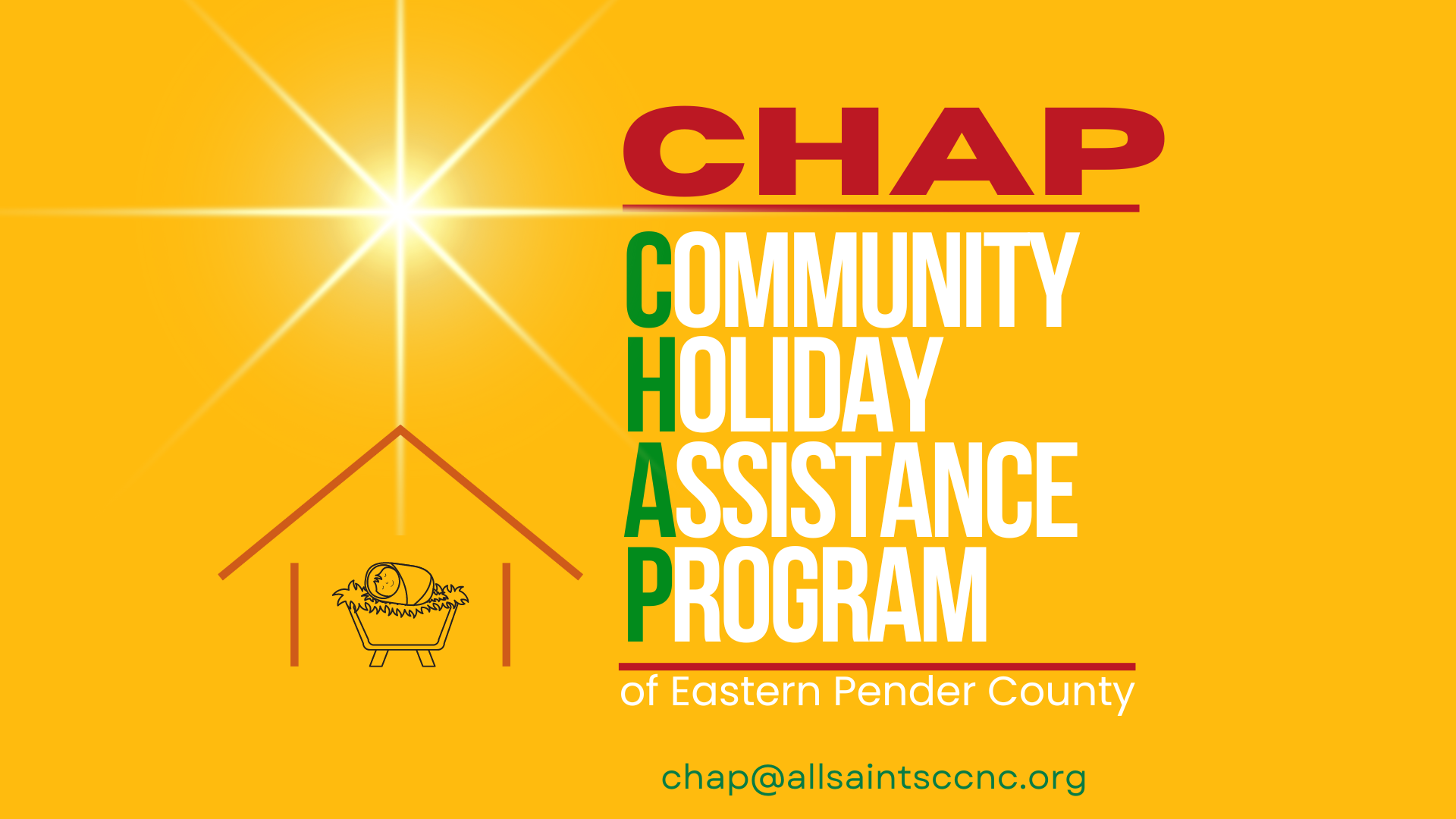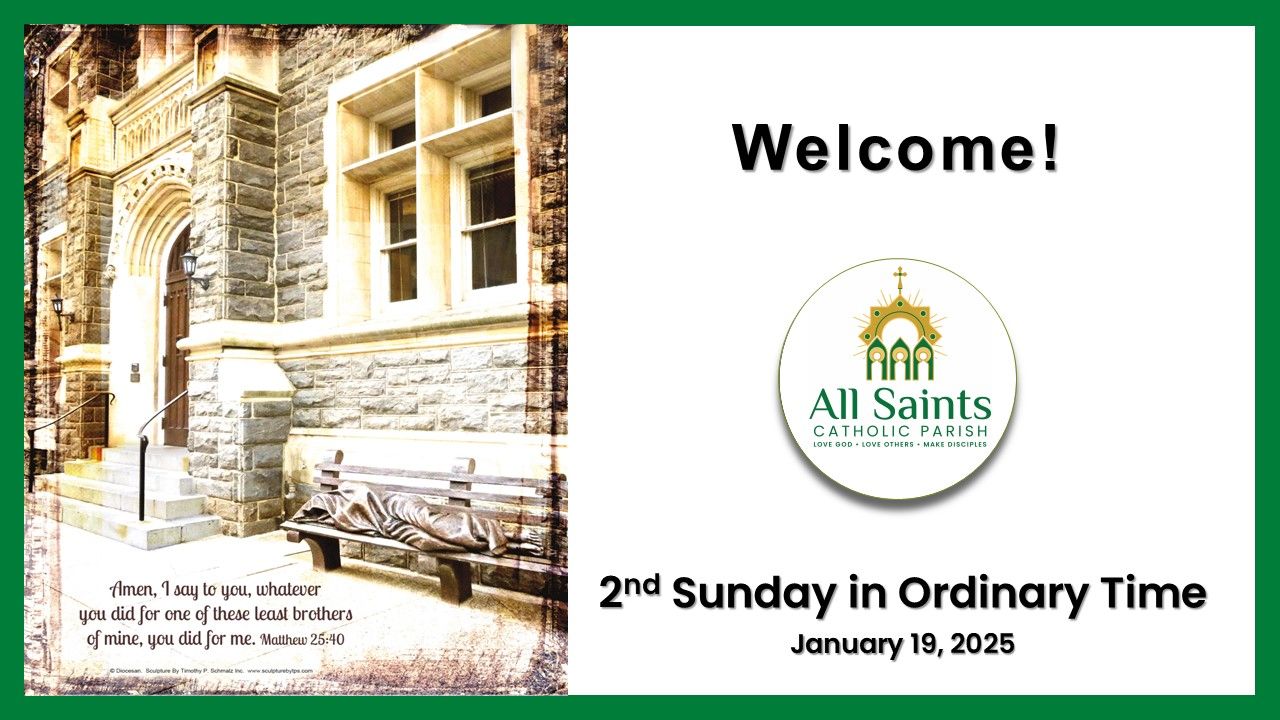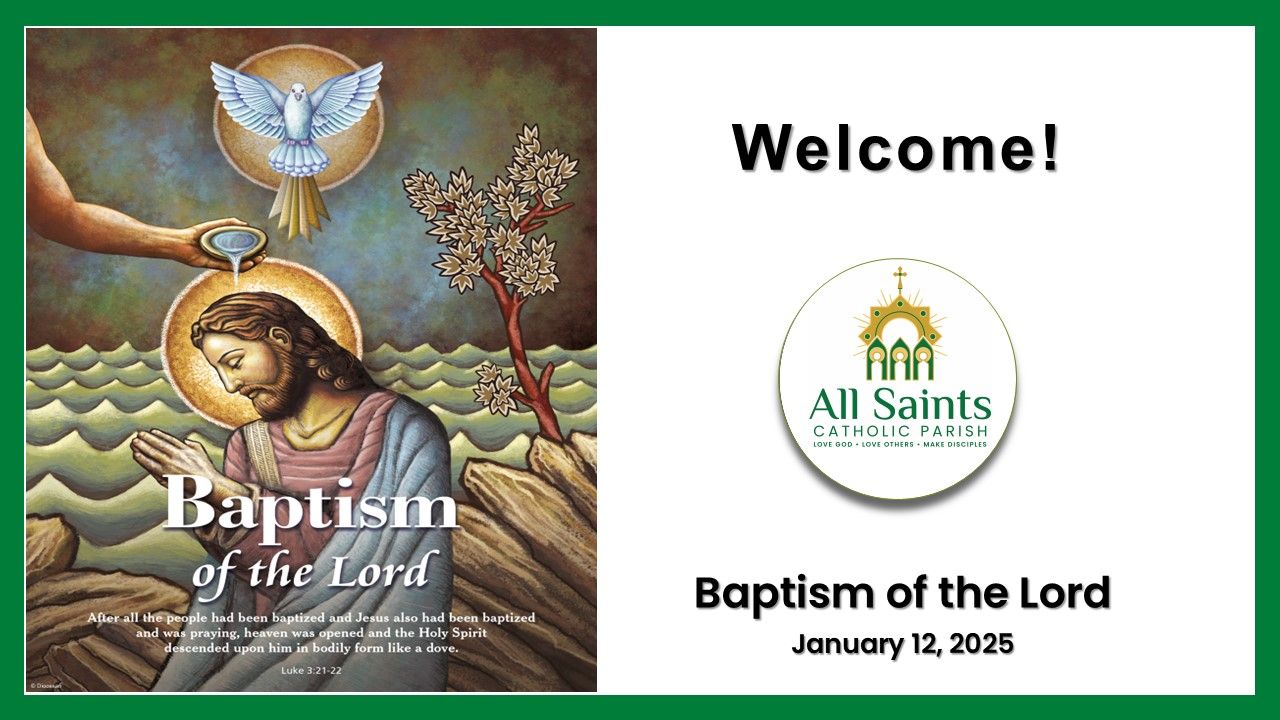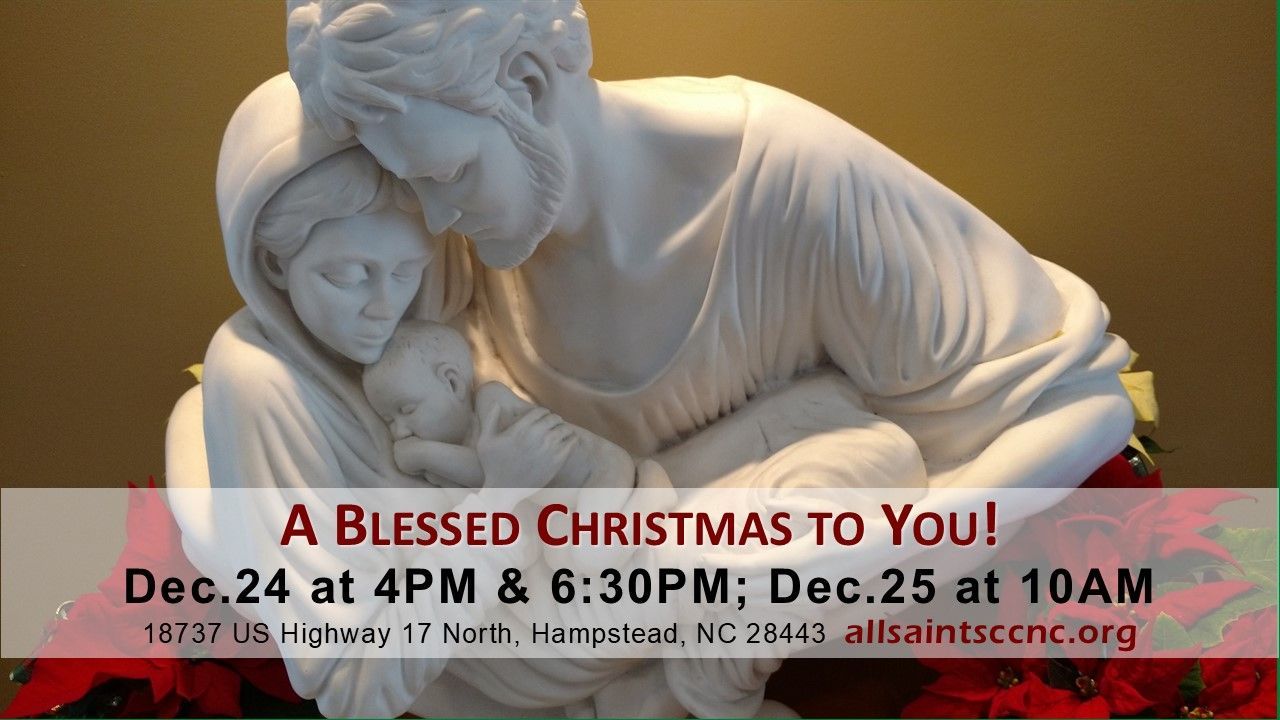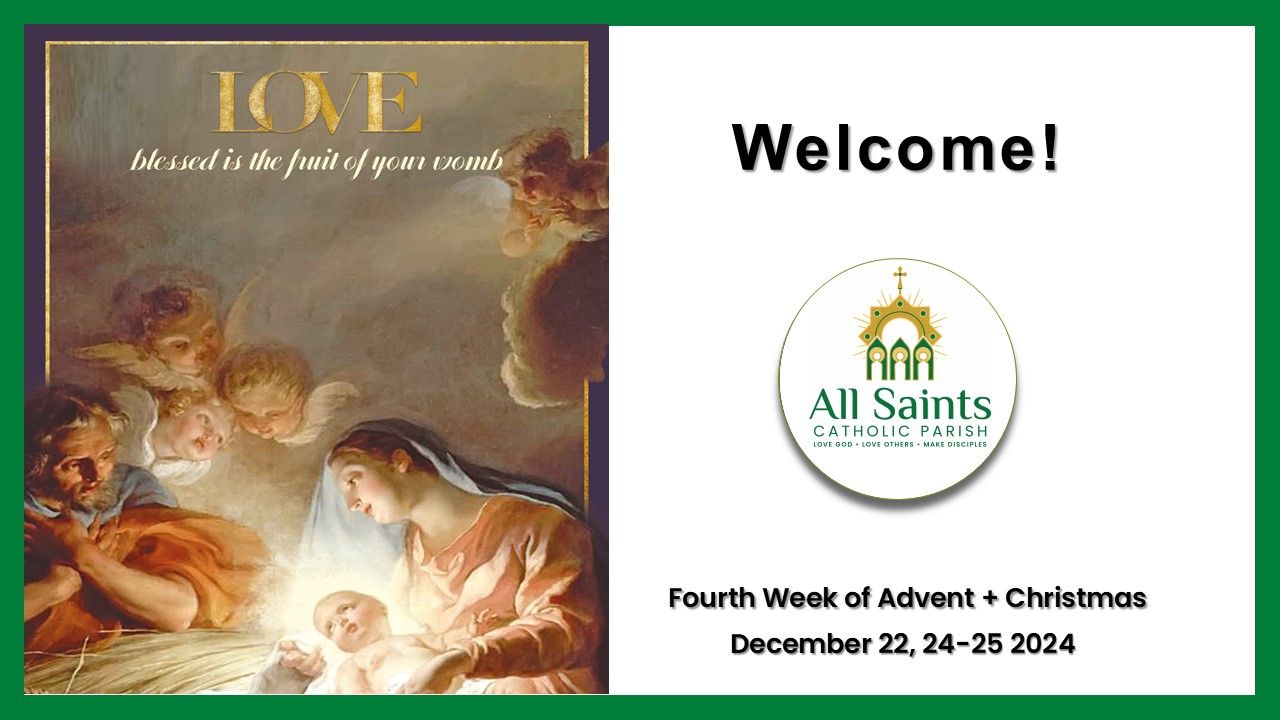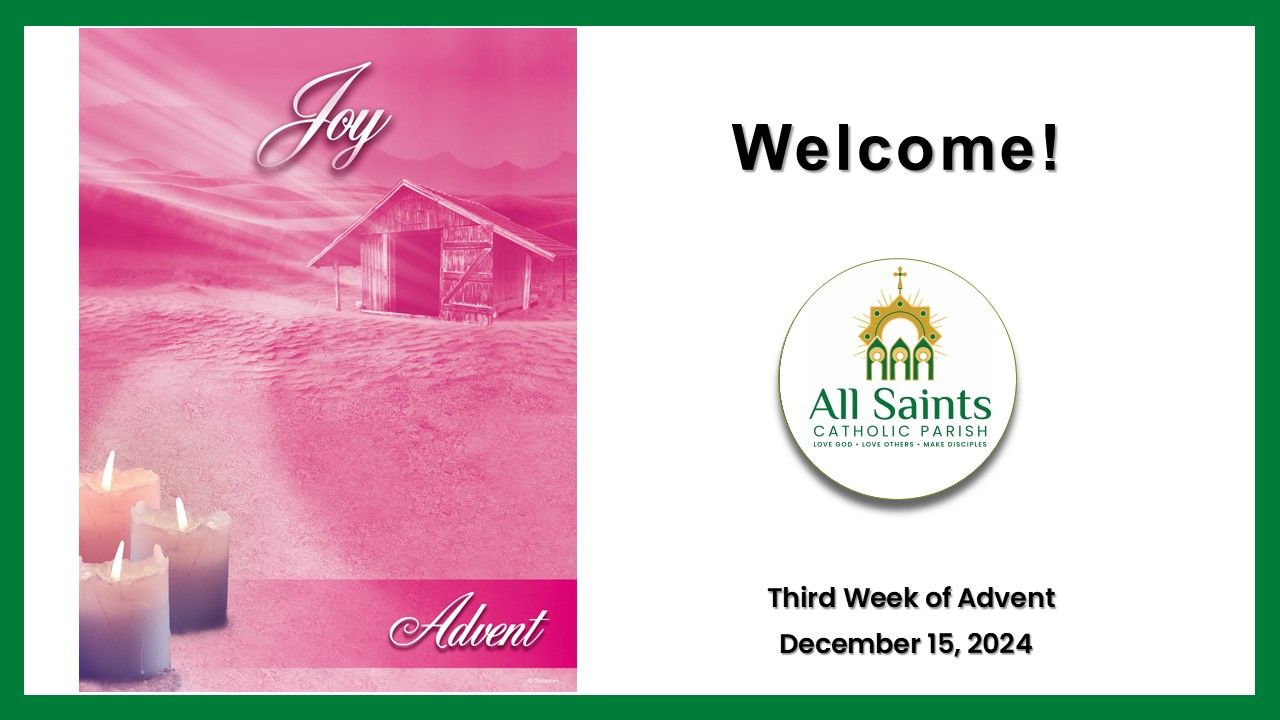Homily February 16, 2025
Sixth Sunday of Ordinary Time -- Homily by Msgr. Joseph Ntuwa
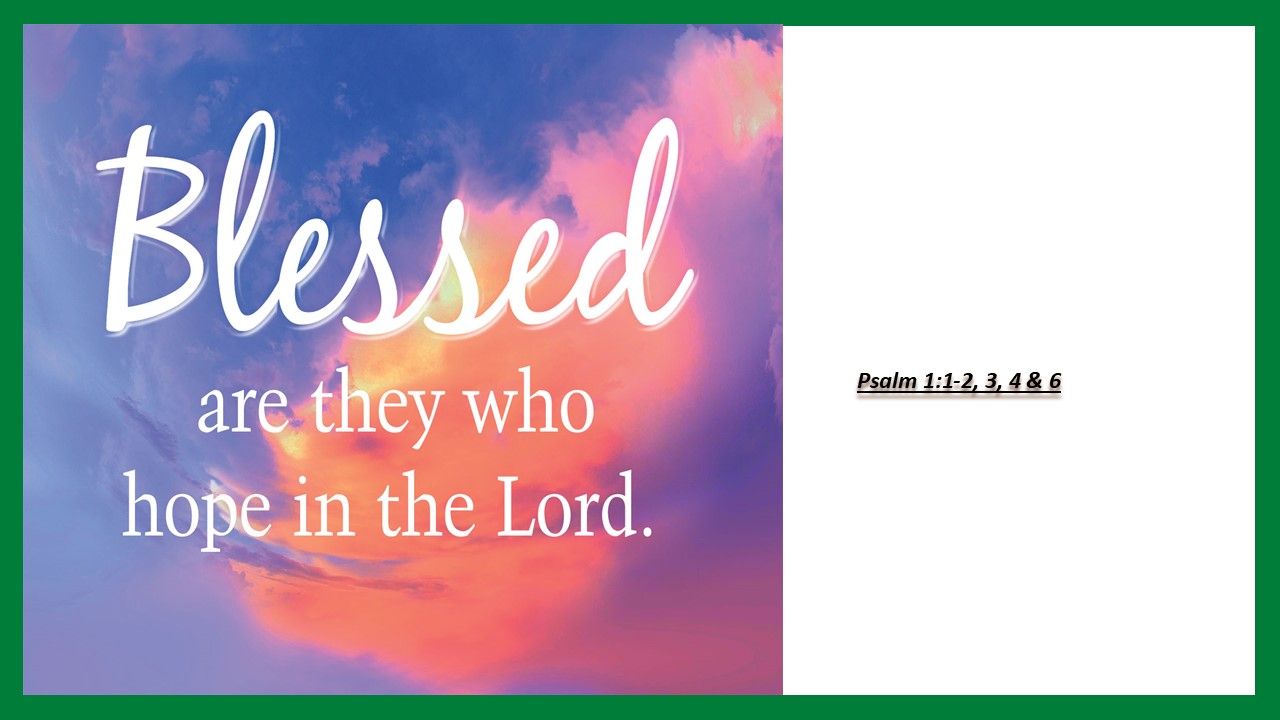
Sixth Sunday of Ordinary Time –C
Jer 17:5–8; 1 Cor 15:12, 16–20 ; Lk 6:17, 20–26
Blessings are woven into the fabric of our Catholic heritage: “Father, will you give me a blessing”; “Bless me, Father, for I have sinned”; “Bless us, O Lord, and these thy gifts.” We invoke God’s blessings on all sorts of things in our lives: everything from food to fishing gear, from automobiles to religious articles.
As Catholics, why do we do that? We do it as a way of inviting God into all the different places we go in our lives. Far from confining God to one hour on the weekend, we want to be aware that God is present in our lives when we go to work, when we are cooking dinner or cleaning dishes, when we are at rest or at play, and when we are alone or with friends and family. And rightfully so. In the creed, we profess faith in God, creator of “all things visible and invisible.” Surely God cannot be restricted from the world he made, but — although we are mere creatures — God chooses to give us real choice as to whether to invite him into our lives. Blessings are our response to that.
Our readings today speak five times about blessing, and that doesn’t count the refrain in the Responsorial Psalm. The Prophet Jeremiah proclaimed, “Blessed are those who trust in the Lord.” That sounds nice enough. But things take a surprising turn when we hear our Lord’s words in today’s Gospel: “Blessed are you who are poor.” “Blessed are you who are now hungry.” “Blessed are you who are now weeping.” “Blessed are you who when people hate you.” These blessings sound familiar but a bit different. When we were younger, many of us learned that there are eight Beatitudes; those come from the Sermon on the Mount as reported in Matthew’s Gospel.
Today’s Gospel passage from Luke is a difficult one --- difficult to understand, but also difficult in what it seems to be saying. Afrter talking about those who are blessed, Jesus continues by describing the flip-side of each of his previous statements. He uses a strong word “Woe”; “Woe to you who are rich . . . Woe to you who are filled now . . . Woe to you who laugh now . . . Woe to you when all speak well of you.”
What exactly is going on?
There is a tension that exists in every human life, especially in every person striving to live a “good”, “meaningful” and “faithful” life. This tension exists between the person each of us is and the person each of us wants to be or feels we should be. We hear that inner voice calling us and challenging us to be more, but we often resist it, or ignore it, or fail to embrace it. And so, we often work toward meeting our needs before the needs of others, we often take the easiest path, the safest one, or the one that demands little from us. In a real sense, many of us do all we can to make sure that we aren’t hungry or weeping or disliked. However, part of us knows that there is a better way that will help us be the very best version of ourselves. But that person often seems to be an imaginary someone --- someone we will be tomorrow or the next day or next year or after we get married or have kids or when we retire.
In many ways, this is a direct consequence of The Fall by our first parents, Adam and Eve. Because of The Fall we often get our priorities all mixed up, choose one “good” over something else that is a “higher good”. Even when we know what we should choose, we often lack the will to follow through on it, lack the courage to live lives not simply for ourselves, but for God, and for each other.
The words of Jesus this weekend are a kind of wake-up call. Like Jeremiah, the woes curse the one “who puts his trust in man and relies on things of flesh”. Blessed are they who receive from the Lord and who make the Lord their hope. These beatitudes are a call not to prudent and respectable living but to unwavering discipleship. As Saint Paul tells us in the second reading that If Christ is not raised, then we Christians labor pitiably and in vain. But Christ has been raised from the dead.
May we be truly “blessed” by choosing to be a blessing to the world around us.
